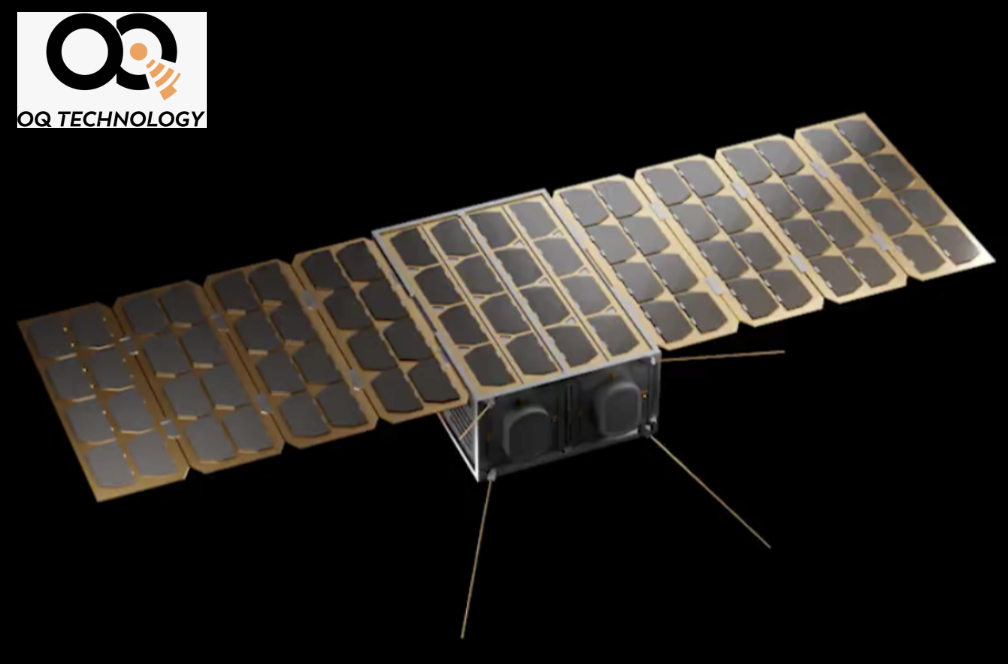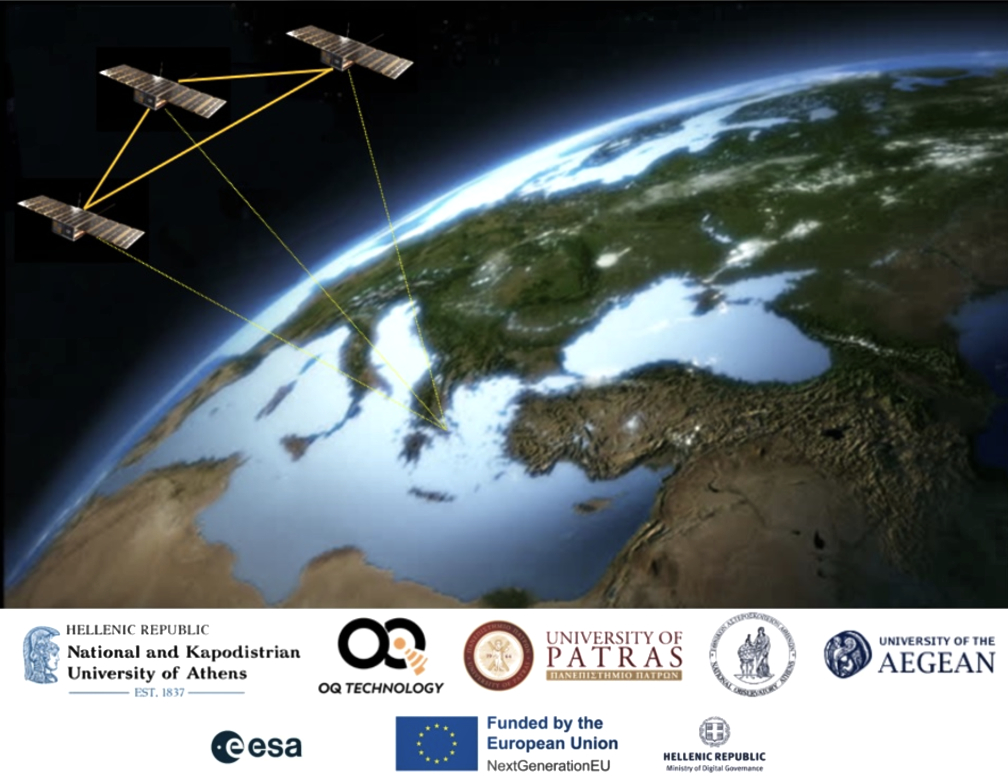
OQ Technology has been awarded a 1.1 million euros contract to design, build, integrate, test and demo three, advanced smallsats that will feature multiple payloads, providing space-based, 5G, narrowband Internet-of-Things (IoT) communications services, an optical communications link as well as hyperspectral EO data to support precision agriculture as part of the ERMIS mission.

ERMIS [Hellenic Cubesat Demonstration Mission] is a pathfinder demonstration of key space connectivity capabilities linked to Greece’s 200M€ national small satellite project using a constellation of small satellites.

OQ Technology Hellas is a subcontractor and a key member of the ERMIS consortium that is led by the National and Kapodistrian University of Athens (NKUA). Other members of the consortium include the University of Patras, the University of the Aegean and the National Observatory of Athens.
ERMIS-1 and ERMIS-2 cubesats built by OQ Hellas will host the payloads of OQ Technology Luxembourg to demonstrate 5G internet-of-things non-terrestrial network (5G-IoT-NTN) connectivity and additionally incorporate Inter-Satellite Link (ISL) to enhance its coverage.
The importance of 5G technology in satellite IoT rests in its ability to provide high-speed, reliable, and low-latency connectivity to a wide range of devices, including those in remote and difficult to reach locations. In satellite IoT, 5G technology enables the integration of satellite networks with terrestrial networks, creating a seamless and unified network that can support a wide range of applications, including smart agriculture, pipeline monitoring, transportation tracking, and much more. Moreover, 5G technology enables satellite IoT devices to operate in challenging environments, such as harsh weather conditions, remote locations, or disaster areas, where traditional communication networks may not be available.
Demonstrating and testing ISL for 5G IoT NTN will enable OQ Technology to offer enhanced coverage and faster speeds in delivering data to its customers reliably and seamlessly. The two smallsats will join OQ Technology growing 5G NB-IoT fleet. The technology is based on 3GPP Release 17 standardized 5G connectivity.
ERMIS-3, co-built by OQ Hellas with NKUA, will host payloads from the other members of the consortium to demo optical communications link and hyperspectral EO data to support precision agriculture.
The initiative underpins efforts – led by ESA on behalf of the Greek Ministry of Digital Governance – to expand the nascent space industry in Greece, enabling the digital transformation of society while creating jobs and generating prosperity, as part of the nation’s EU-funded Recovery and Resilience Facility. The ERMIS 4.8 million euros project is funded by the European Union – NextGenerationEU and by the Greek Ministry of Digital Governance.
“We are very pleased that Greece’s first small satellite constellation will be using game changing technologies in telecommunications, IoT/5G, hyperspectral imaging. A key and important aspect of our project is the cooperative nature of academia and industry leaders such as OQ. Working with a world innovator such as OQ will push national and European leadership in 5G/IoT and foster growth, new jobs and unique space applications which come with the use of 5G/IoT.” — Vaios Lappas, Department Head, Aerospace Science & Technology, University of Athens
“OQ Technology group companies are collaborating together on an European but also global level to leverage the capabilities and opportunities in these markets but also build new partnerships and skills – We work with global satellite manufacturers, nevertheless to accelerate our satellite 5G constellation deployment it is essential also to have the capability to deploy the ERMIS platforms carrying 5G NB-IoT payloads in the near future – We are very grateful to the European Space Agency (ESA) for granting our consortium the ERMIS opportunity, we are thankful to our trusted Greek consortium partners who made this proposal a success and we look forward to working together to bring ERMIS satellites to orbit soon.” — Omar Qaise, Founder and CEO, OQ Technology Group
